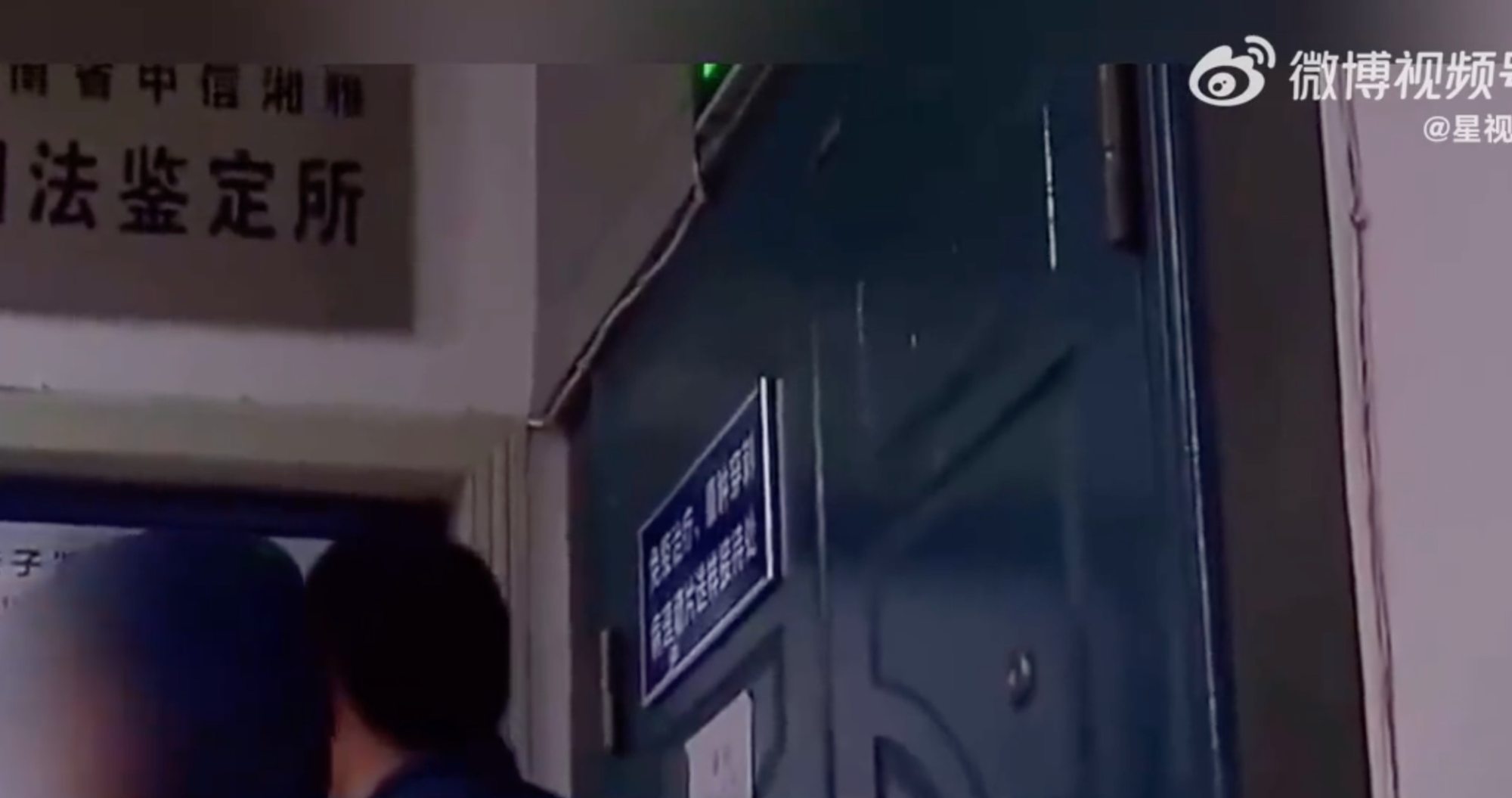
Man fakes paternity test to sneak ‘daughter’ into household record and start school sparks heated adoption debate online
- Devoted father had been raising girl on his own after her mother left home, believing she was his daughter
- Case has divided public opinion over man’s actions but many are sympathetic to his situation
A devoted Chinese father spent five days in custody when he faked a paternity test to get his daughter into school even after discovering she was not his biological child.
The man, surnamed Li, took a DNA test to register his daughter in the local hukou, the household registration system based on the holder’s birthplace, so that she would be able to attend school.
He had been raising the girl on his own after her mother left home, believing that she was his daughter, according to a report published by Jiujiang Fabu, the official social media account of Jiujiang city in the southeastern province of Jiangxi, where they live.
Li said he was dating the girl’s mother in 2019 when she became pregnant and that she vanished soon after the birth. He had no reason to believe the child was not his daughter and said he was shocked by the DNA result.

Because he was not married to the mother and did not know her whereabouts, Li was legally prevented from adopting the girl. Chinese law requires the agreement of at least one birth parent to an adoption and for single men to be at least 40 years older than the child.
Li decided to fake the paternity test result and register the girl as his daughter. But when he brought the modified document to the police office, household registration officers noticed traces of tampering and gave him five days in custody.
The case has sparked a heated online debate, with opinions divided over the father’s actions. However, many were sympathetic to his situation.
“He discovered she is not his daughter but still wanted to give her a home, even by breaking the law,” said one commenter on social media platform Weibo.
“He is much greater than those irresponsible birth parents,” said another.
But others supported the police decision, reminding the online community that there is a serious reason for the law.
“The police should verify the parent-child status strictly by the book to prevent child abduction,” said an observer on Weibo.
China has been accepting DNA test results from third-party institutions as legal proof since 2002. One consequence has been a rise in the identification of mistaken paternity cases.

Deng Yajun, from the Beijing Institute of Genomics at the Chinese Academy of Sciences, has been working as a DNA tester for two decades, at a rate of 10,000 tests per year. About a year ago, she said in an online video interview that 10 per cent return a negative result.
According to Deng, her most difficult case experience occurred in 2005, when she had to tell a prisoner and his son that they were not biologically related.
She had been asked by the police to test the man’s paternity so that the preschool-aged boy could be registered for hukou.

